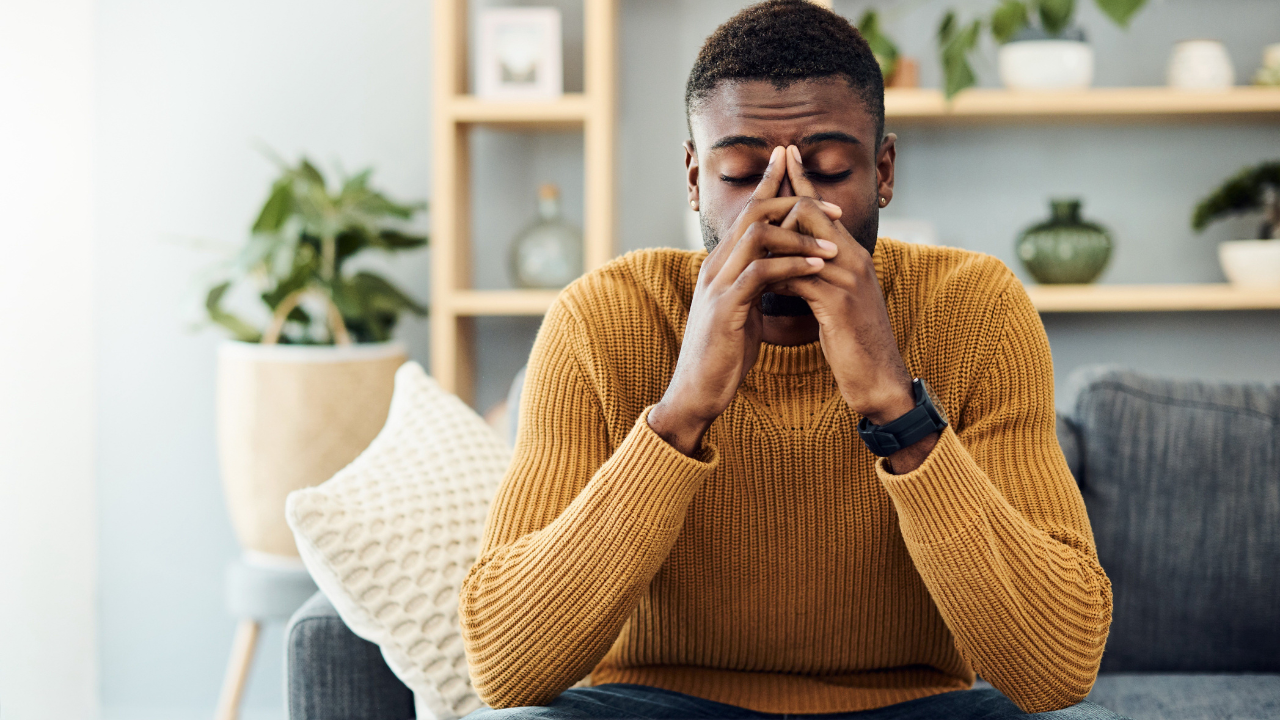
The last few years have seen a huge increase in sleep disturbances, now reported to affect approximately 40% of the global population. Whether you're suffering from insomnia or just a general lack of good quality sleep, feeling fatigued can often be a sign of something more serious. This means it's important to find out why your sleep is being disturbed, especially if it's a common occurrence.
As World Sleep Day is taking place this Friday, I spoke to Jess Hillard, a Nutritionist at Warrior, and Andrea Burton, Technical Advisor at Bio-Kult. Both experts shared with me their advice on fatigue, and what to do if constant tiredness is impacting your daily routine.
Before you find out more, have you seen our guide to the best mattresses? It's certainly a good place to start.
1. You don't eat a balanced diet
If you're feeling fatigued more often than not, have you ever considered your diet may be behind the problem? Enjoying a general balanced diet, based on whole food carbohydrates, protein and a good variety of fruit and vegetables, allows you to get the nutrients your body needs. When sufficiently fuelled, the body can work effectively to maintain all bodily functions, ensuring you have enough energy for the day at hand.
Without a balanced diet, you can put your body at an increased risk of nutritional deficiencies, with the largest symptom being tiredness. For example, if there's a lack of iron in your diet, your body cannot produce red blood cells effectively and passes less oxygen to the working muscles.
It's important to note that fatigue can also be seen in other nutrient deficiencies, but it is always worth having a blood test through your GP rather than guessing!
2. You're suffering from stress
Suffering from stress is extremely common, especially if you're facing an important transition in your life. However, excessive stress over a long period time can cause physical and emotional exhaustion, often leading to more serious health issues.
When stressed, it's also natural for our bodies to be on high alert, a biological instinct that has made its way through evolution. This makes it harder to fall asleep and stay asleep.
If you find yourself constantly anxious and run down, it could be a sign that your body needs a break. Don’t ignore the signals and take some time to rest - it's the only way things will improve!
Check out these 5 foods that reduce stress and improve sleep if you're interested!
3. You're eating poor quality food
If you're eating poor quality food at the wrong time of day, such as high sugar or processed foods just before bedtime, this can affect the size, composition and natural circadian rhythms of our gut microbiome.
This means choosing the right snack is key. Having something like sweets or a chocolate bar isn’t going to help as it will quickly spike your blood sugar level and then rapidly decrease again, leaving you feeling tired and wanting more! Some great options are hummus and carrots, apple and peanut butter, or fruit and nuts.
4. You're dehydrated
Staying hydrated is extremely important to keep our bodies functioning normally, but it's also crucial for our energy levels. There's a lot of research that suggests dehydration results in fatigue, even when you've gotten your full eight hours.
Dehydration causes a drop in blood pressure, which in turn decreases blood flow to your brain. This is why a lack of water can give you a headache, or make you feel dizzy and sleepy.
If you're looking for more hydration tips, check out these 5 ways to stay hydrated that don’t involve drinking water.
5. You’re staring at screens for too long
You've probably heard this one before, but too much screen time can have a detrimental effect on our quality of sleep. In today's day and age, scrolling through social media or sitting behind a computer screen for the entire working day is hard to avoid. However, it can lead to eyestrain, a condition which places too much pressure on your eyes and makes them hard to keep open.
Limiting your screen time will undoubtedly make you feel sleepy at bedtime and energised throughout the day. Try turning off your phone past 8pm, or incorporate small breaks when working at your desk.
Have a look at these 5 ways to reduce screen time and enjoy a digital detox for more information.
If you're interested in more of our World Sleep Day content, take a look at these 3 unusual yoga poses that can help you sleep better.







